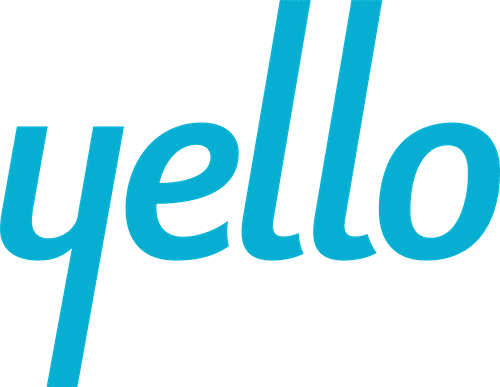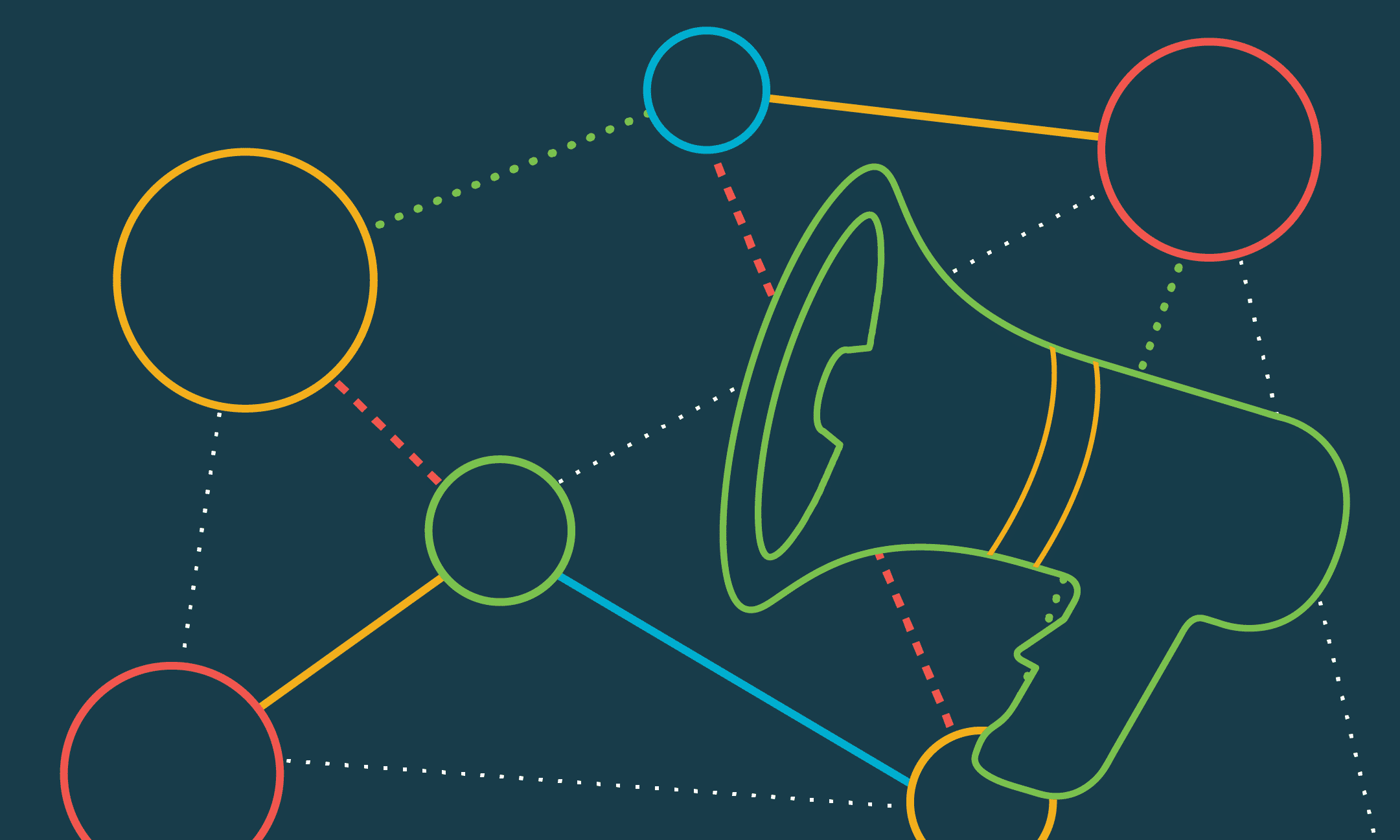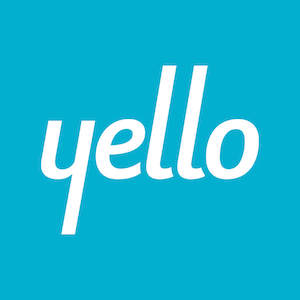Between third-party review sites, social media and Google searches, job seekers know all about your employer brand before you even step foot on campus. It takes a strong recruitment marketing strategy to own the narrative, communicate positive company culture, and give greater context to internship and full-time position openings.
Engaging with candidates frequently is also paramount for employers who want to win top talent. The 2019 Yello Recruiting Study reveals that Gen Z candidates value personal connections with their recruiters even more than previous generations, and visiting colleges and universities once/year is hardly enough to foster strong relationships with today’s job seekers. Building a strong marketing strategy is a surefire way to keep your talent pipeline engaged throughout the hiring process (and even when open roles aren’t immediately available).
Here’s how to develop a detailed recruitment event communication plan before your next career fair:
What is a recruiting event communication plan, and why do recruiters need one?
An effective candidate communication plan can help boost and streamline candidate engagement leading up to, during and after recruitment events. A recruiting event communication plan will help your team:
- Own the narrative: Present candidates with information about your company, instead of leaving it up to independent research. Provide talent information about company awards, employee stories and company culture.
- Build brand awareness: Capture candidates’ attention and build excitement about meeting your team at the career fair. Candidates who are familiar with your brand may be more likely to visit your event booth and pursue opportunities with your organization.
- Improve candidate experience: Letting candidates know about next steps in the hiring process is not only good practice—it may be the difference between welcoming them to your team and losing them to another company. Offer a positive candidate experience by sending automated communications with information about interview timing, hiring manager feedback and more.
- Cultivate a candidate pipeline: Develop candidate relationships before, during and after the event to generate a talent pipeline. Even if you don’t extend offers to every job seeker you meet on campus, add them to your talent community and keep them updated on company news and job openings.
- Maximize event ROI: Engaging candidates before the event means more students at your booth during the event, and automated communications after the event make it easier to share follow-up materials that nurture candidates further down the hiring funnel.
6 steps to creating a recruitment event communication plan
Follow these steps to create a recruitment event communication plan that engages candidates before, during and after the career fair:
1. Set goals
What are your campus recruiting KPIs, and how can they be accomplished through your communication plan? Are you looking for a certain number of candidates to pre-register for the event? Do you want to drive applicants to open roles at your company? Aligning on goals will help guide your communication strategy. Keep these objectives in mind from plan creation through final execution.
2. Identify target audiences
While your obvious target audience is likely students, think even smaller than that. Who are you most interested in meeting on campus? Brainstorm with team members to identify your target audiences, and know that you may have multiple audiences for each career fair. Candidate criteria might include:
- Geography: Search your CRM system for candidates who live or work near the career fairs you’re attending. These candidates may be former employees or previous applicants who have since gained more experience. Invite them to meet your team at an upcoming recruiting event.
- Attendance at previous events: Do you have a list of candidates you met at the same career fair last year? Follow up with previous attendees who have already shown interest in your organization, or ask them to refer friends who may be attending.
- Skillset or major: If you recruit for specific positions at the career fair, search your CRM platform for candidates who match the needed skillset or major. Message these candidates ahead of time to make sure they know you’ll be on campus, and give them the resources they need to apply for open positions.
3. Choose communication platforms
Next, decide which communication platforms will be most effective to reach your target audience. The channels you use to engage entry-level employees may be different than the tools used for seasoned talent. Make sure you know which communication strategies are most popular with Gen Z.
Platforms to consider include:
Career site: Post a hiring event schedule on your career site so that job seekers can easily see where your company is recruiting. Include pre-registration forms so that candidates can sign up to meet you during career fairs, and add these candidates to your talent pipeline. Make your career page stand out with easy-to-submit applications and plenty of information on company culture.
Social media: Engage with potential attendees and reach a wider audience on social media. Schedule weekly posts to encourage candidates to attend your company’s career fairs and apply for open roles. If the events has a hashtag, incorporate it into your posts, and use photos or Twitter polls to boost engagement.
Email: Incorporate email campaigns in your recruiting event communication plan to tailor messaging for each of your target audiences. Use a CRM system to build branded communications and segment audiences.
Text messaging: Generation Z likes its communication speedy. According to the 2019 Yello Recruiting Study, they rank texting as their top recruitment-process communication method nearly twice as often as millennials. Schedule text reminders prior to the event, and send links to job applications or your company culture video post-career fair.
4. Create a timeline
Lay out exactly when you’ll send communications to your candidate before, during and after the event. Each phase of the career fair should have an associated candidate communication, and each step may incorporate unique messaging, platforms and audiences.
- Pre-event: The time period eight to twelve weeks before the event is crucial in generating pre-event buzz. Reach out to candidates to invite them to pre-register, promote event attendance on social media and update your career site with event information. Set your team up for success by building candidate excitement before the career fair starts.
- During the event: Between collecting resumes and engaging candidates, it may be challenging to communicate while the career fair is underway. Prepare automated communications to communicate with candidates during the fair, even when you’re not speaking face-to-face. Send welcome emails the day of the event with your booth location, text reminders to candidates who pre-registered, and invite high-potential candidates to self-schedule interviews.
- Post-event: Candidates you meet at the career fair expect to hear from you afterwards. Immediately following the event, email candidates to thank them for their time and outline a clear call-to-action. In the weeks following the career fair, provide updates on hiring process next steps and consider surveying candidates for feedback on the event.
5. Execute career fair communications
Career fair planning can be chaotic. Between securing booth space, planning travel logistics and coordinating hiring manager schedules, candidate communication can slip to the bottom of your list. Work with your marketing team to compose any key messages ahead of time. Schedule all of your email and text communications through a CRM tool, and leverage social media tools like Hootsuite or Tweetdeck to automate social media posts.
6. Evaluate success
Post-event, review the goals you set and the progress you made to meet your objectives. If needed, refine your strategy for the next career fair to continue to work toward the goals you set out to achieve. Provide everyone on your team with access to key campus recruiting KPIs so that they know how to improve their own performance for the next event.



